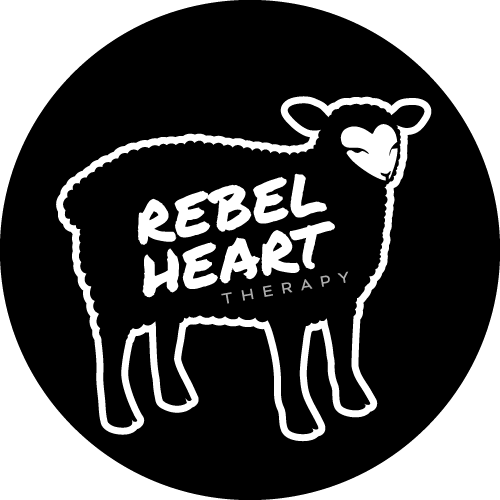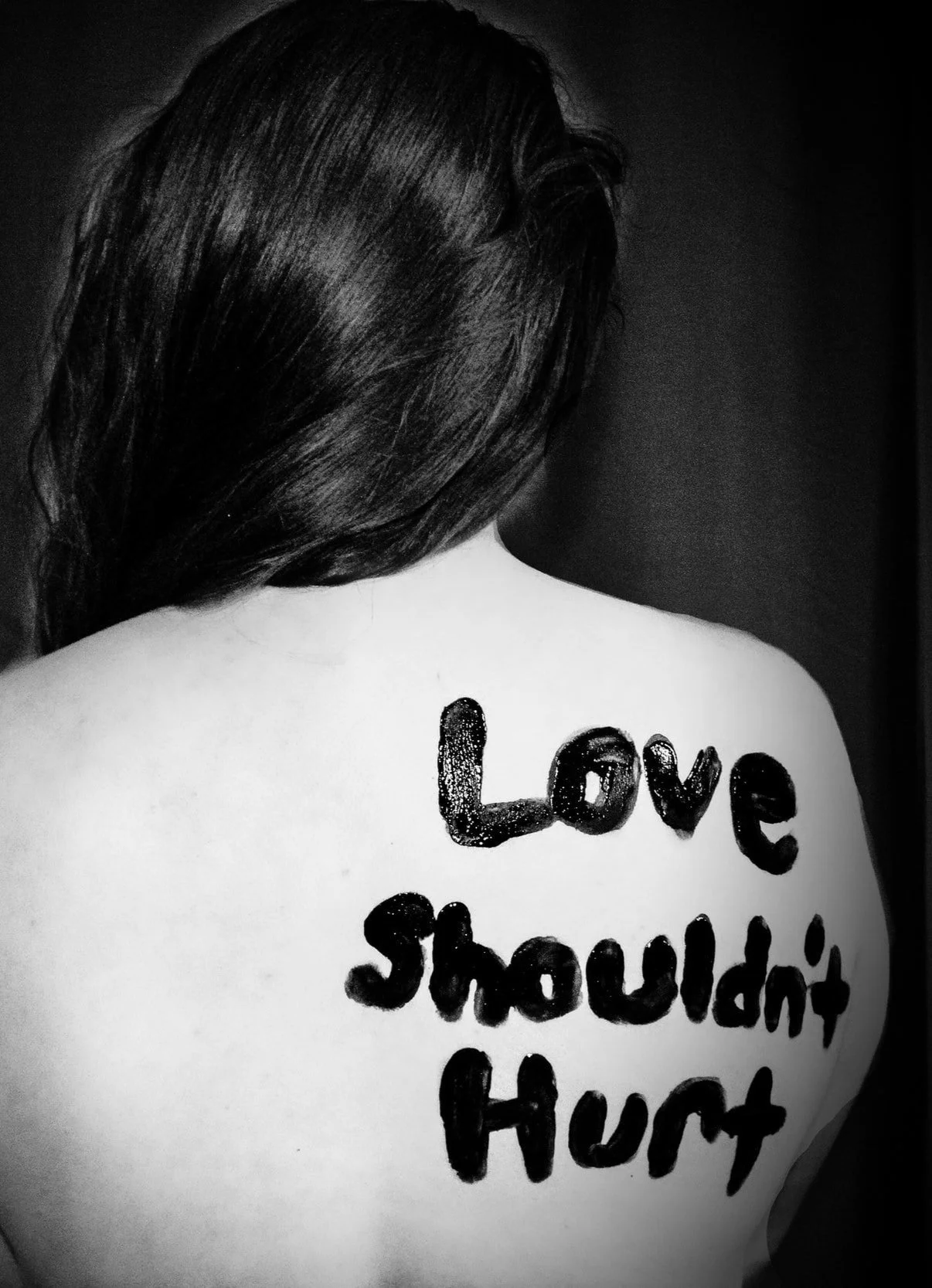
Resources about
Domestic Violence in the LGBTQ / and ENM Communities
The data doesn’t lie
In the 2010 National Intimate Partner and Sexual Violence Survey sexual minority respondents reported levels of intimate partner violence at rates equal to or higher than those of heterosexuals:
Experiences of rape, physical violence, and/or stalking by an intimate partner in their lifetime: 44% of lesbian women, 61% of bisexual women, and 35% of heterosexual women
Experiences of rape, physical violence, and/or stalking by an intimate partner at some point in their lifetime: 26% of gay men, 37% of bisexual men, and 29% of heterosexual men
Raped by an intimate partner in their lifetime: Approximately 1 in 5 bisexual women (22%) and nearly 1 in 10 heterosexual women (9%)
In the 2015 U.S. Transgender Survey:
54% of respondents experienced intimate partner violence, including acts involving coercive control and physical harm
47% of respondents were sexually assaulted at some point in their lifetime
10% were sexually assaulted in the past year
The numbers are higher in communities of color:
53% of Black respondents were sexually assaulted in their lifetime
13% were sexually assaulted in the last year
Resources
-
Bradley Angle
Bradley Angle is one of the few domestic violence agencies in Oregon that has a program tailored to the needs of LGBTQ survivors. We are a welcoming space to a range of genders, sexualities, identities, relationships, and experiences.
24 HOUR CRISIS LINE: 503.235.5333 -
love is respect
love is respect is the national resource to disrupt and prevent unhealthy relationships and intimate partner violence by empowering young people through inclusive and equitable education, support, and resources.
CRISIS LINE: 866.331.9474 or Text LOVEIS to 22522
-
The Northwest Network
The Northwest Network of Bisexual, Trans, Lesbian, and Gay Survivors of Abuse supports queer & trans survivors in reconnecting to their self-determination through advocacy-based counseling and community education.
-
Raphael House
For more than 40 years Raphael House of Portland has helped domestic violence survivors and their families find safety, hope, and independence. We believe that everyone deserves to live a life free from violence.
-
Call to Safety
Call to Safety provides a comprehensive 24/7 crisis line, follow-up advocacy for survivors, support groups, community outreach and education, and sexual assault medical advocacy.
CRISIS LINE: 888.235.5333
-
UNICA
The domestic and sexual violence department at EPHC was developed in direct response to needs identified by the Latino community. UNICA’s goal is to provide support, advocacy, and opportunity for self-empowerment, enabling survivors to exercise free and informed life choices.
BILINGUAL CRISIS LINE: 503.232.4448.


